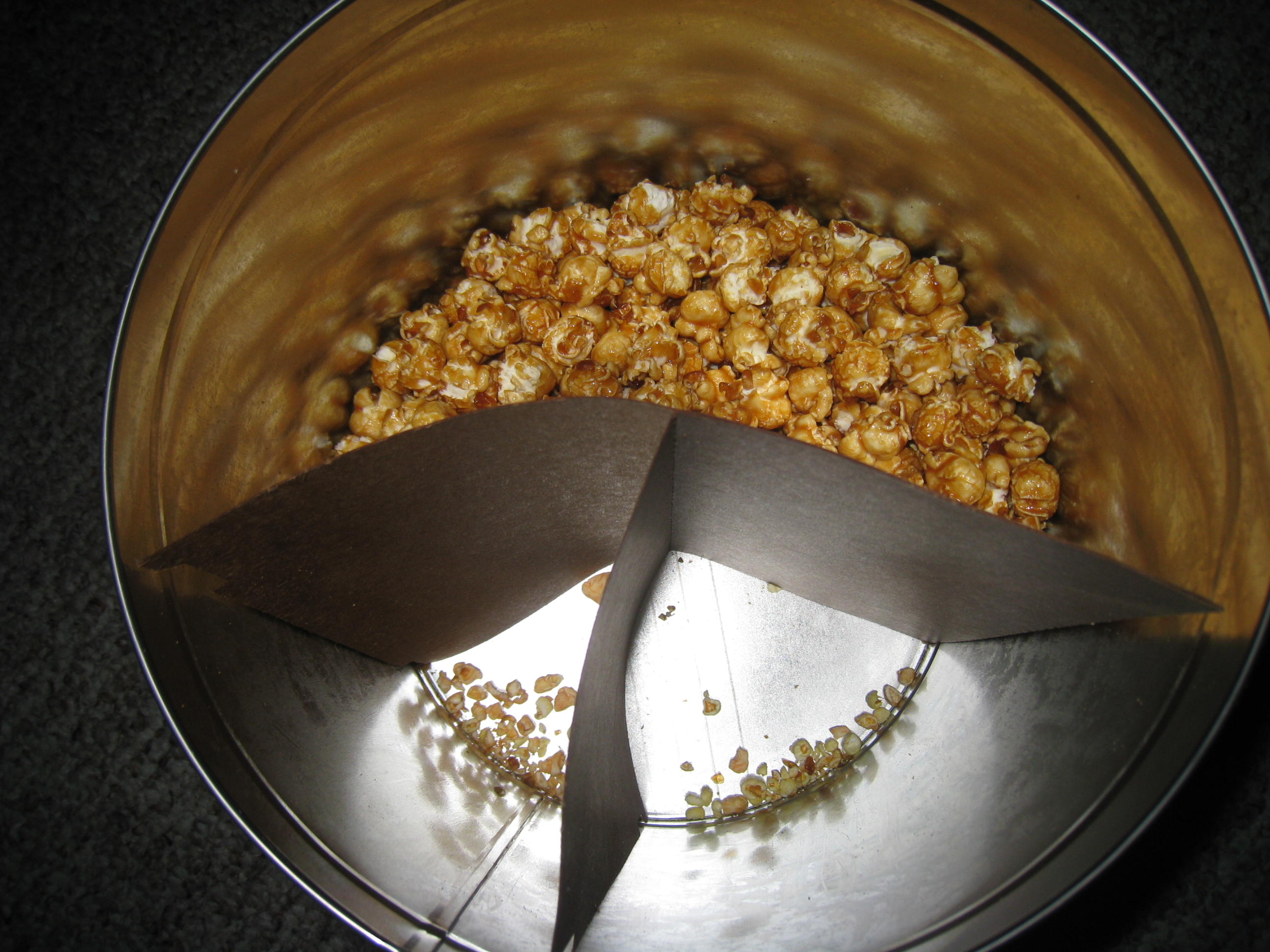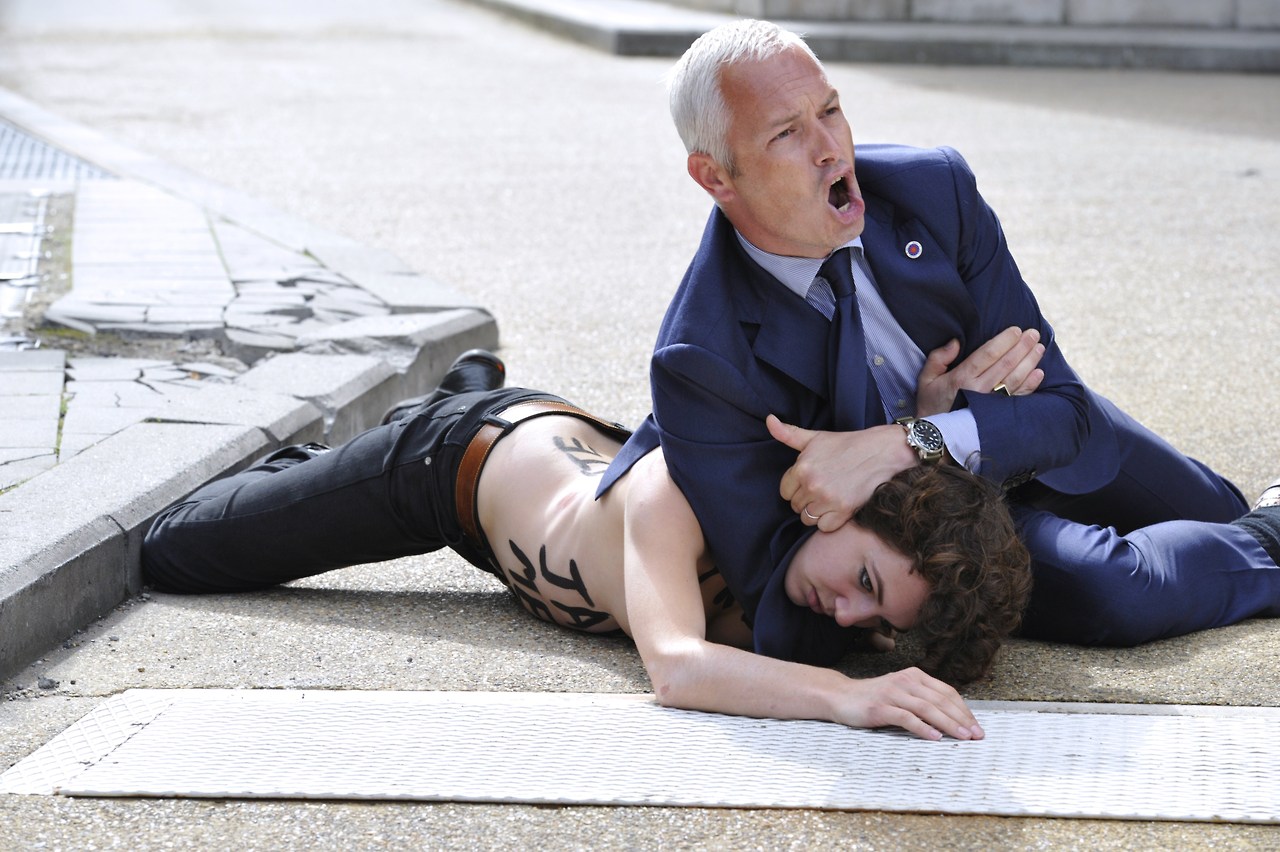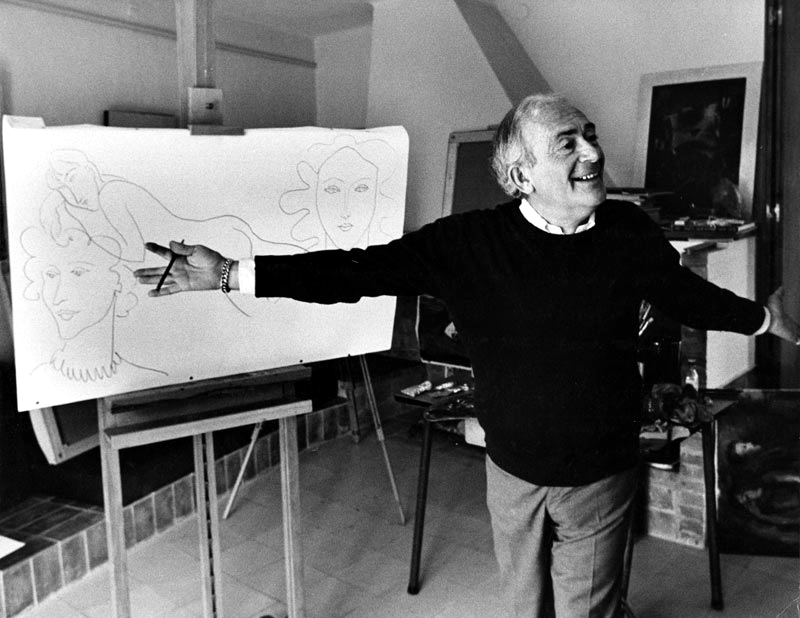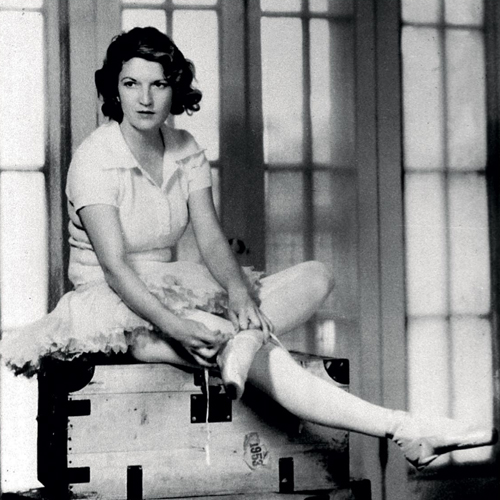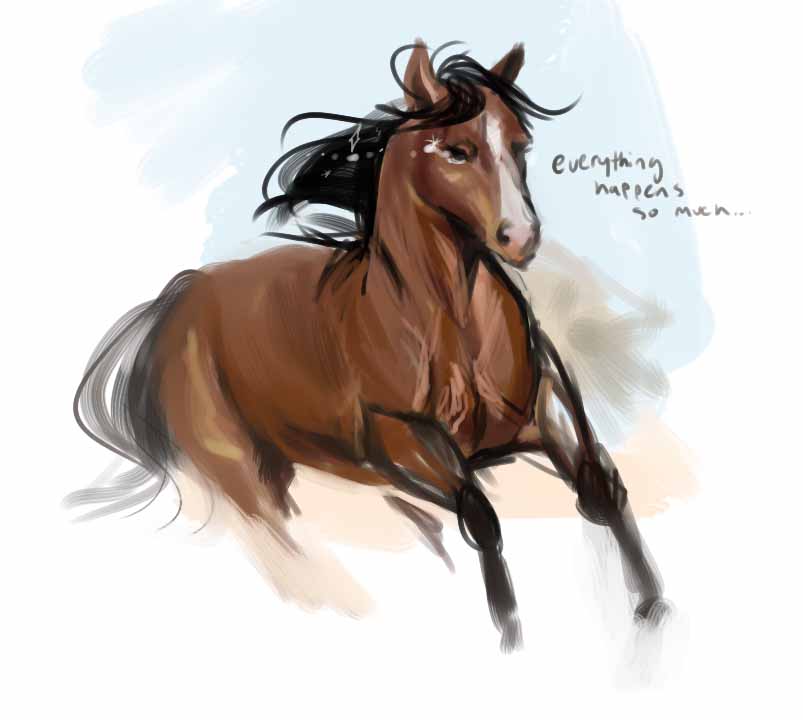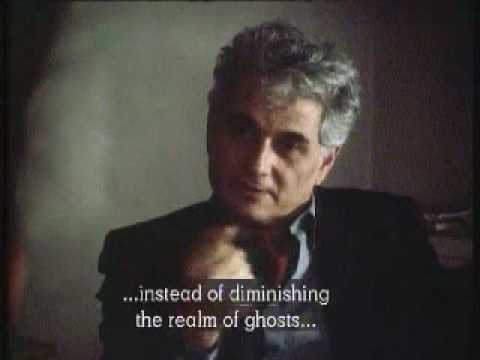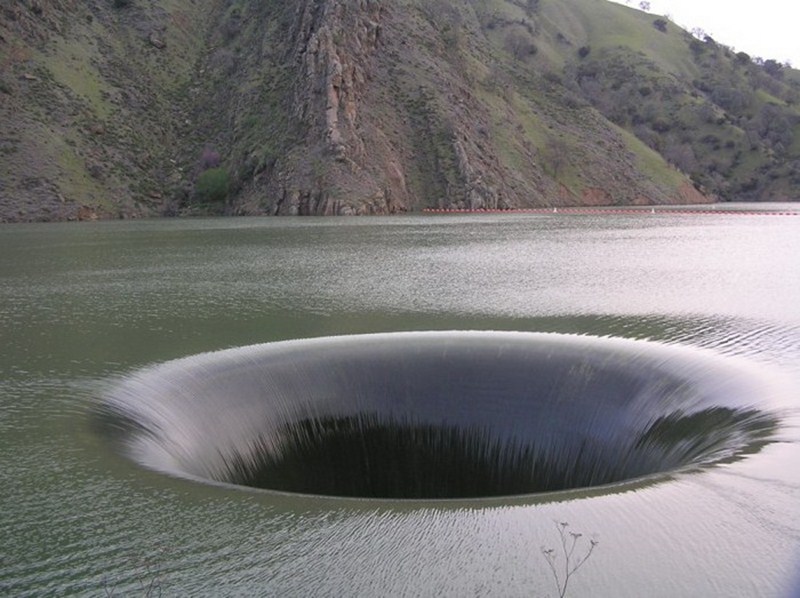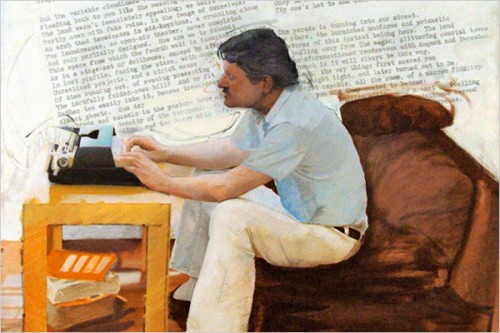Some books I read this yr.
The other day I was eating from a large tin of popcorn. Someone asked which is your favorite. Thru chews I said I like them all / for different reasons. That’s how I feel about these books.
Stupid Teaser Hed Goes Here
Because sexism isn’t something we can turn off like a faucet, or fix like a leak, I asked Lazenby to talk about how we might consider the function of our actions in the context of systems we can’t control, which in fact inform our approach to their demolition.
I don’t really understand the particulars of what Reynard asked me to write about, because I don’t know any of the people involved. What I do understand is the incredible stability of systems when they are attacked on their own terms.
One system that we all live in presumes women can be treated as a bloc. It understands women as creatures who share a common, female essence that gives each woman her female traits. Things like frailty, irresponsibility, vanity, and above all, the need for a type of security—emotional and material—that men are uniquely equipped to provide. The system says: ‘Act as though these presumptions were true, and I will reward all of you with an immensely stable set of relationships between men and women.’
Now, if you find these assumptions about women to be totally false and patronizing, the obvious question is: well, how do you change things at a fundamental, system-wide level? I can think of a couple of ways that people try to do this (while really just engaging the system they despise on terms it can easily repel.) You could: READ MORE >
on shit
In the comment fields of life, there are no on & offs. There is no accept & delete. There is no excess & there is no restraint. Or maybe there is. Certaintly there is access. There is willingness & unwillingness. There is acknowledgement & avoidance. Engagement & disengagement. Inclusion & occlusion. There is hi & goodbye. There is yes & no. There is a river & there is a storm. There is water either way.
Because there are also maybes. There are I’ll consider its. There are that’s a fine points & what else have you got to says. There are I respectfully disagrees & there are I need to think about its. There are apostrophes taken & ignored, acknowledged & untaken. There is a wealth of unexplored landscape. There are loops & holes & loop holes & there are twists & turns & twirls & I dunnos. There are especially I dunnos. A succession of them, like a foolish parade that swallows itself in a smatter of red.
Apology is not a precondition of saying I dunno. “I dunno” is full of flavor & sometimes vigor & definitely spice. Some say opera, others say life. Some say private & some say public. Some say pirate, others say privateer. Whatever the sphere, it’s been made clear, we are all a little less than godly. We are shit, gaudy at best & at worst we are naked.
Maybe that’s not right. Maybe at best we are naked.
The weird thing is, when I look into the night, I hope to see satellites, but all I see is stars.
OPEN LETTER TO HTMLGIANT: THE SEXISM STOPS HERE
I think everyone has an Internet feud they will never forget. Here’s mine: in January 2010, Jimmy Chen wrote a post for your site (that has since been removed) in which he showed a photograph of Zelda Fitzgerald and “complimented” her cute rolls of back fat. In the comments section, I called out the sexist move of reducing a female writer to the shape of her body, and was immediately dismissed with a “fuck you” and someone asking why I had a sexy picture of myself on my own blog.
And on my blog, Chen told me my life would be easier because my face looks like this.
In an open letter apology (that has also since been taken down), he wrote, in his defense:
“Leah [sic] Stein has a ‘right’ to post a sexy picture of her, and I have a ‘right’ to think her life will be easier because of her beauty than an ugly woman’s which is why she [sub]consciously posted it.”
There is nothing easy about the life of a writer with the face of a woman, especially when men get to tell you what you’re allowed to do with your face. Which brings me to yesterday’s post by Garett Strickland, about how Kate Zambreno humiliated him when she unfriended him on Facebook, taking away his ability “to participate in a conversation I’ve got as much right to as any other human being, regardless of the seemingness of my being white or male.”
Note that both Chen and Strickland are eager to point out their “right” to write whatever hateful, sexist, ignorant thoughts cross their minds, even in the personal spheres that female writers are often forced to create out of necessity for their own safety (Chen was commenting on my blog; Strickland was writing on Kate’s own Facebook page).
In retaliation for his hurt feelings, Strickland goes on to unleash what I can most accurately call a sloppy prose poem about sexual inadequacy, which ultimately turns Zambreno into a doll, “Made by Men,” who arrives in a box. When he pulls the string, she delivers “reactionary polemic” that Strickland can’t understand due to “personal deficiencies.”
Here’s the most significant thing Strickland doesn’t understand, the worst of his personal deficiencies: he doesn’t realize that by objectifying Zambreno and turning her into a doll, he is being aggressively chauvinist. He isn’t participating in a conversation he has a “right” to. Notably, in order to have a conversation, he has had to create a doll who can only spew pre-recorded messages, who can’t actually talk back.
To Chen and Strickland, I would ask: have you ever been reduced to a body and a face? Have you ever felt afraid for your safety because of your body? Has anyone ever trivialized your work because of your gender?
In the summer of 2011, I met with a team of Random House sales reps who would be responsible for bringing my novel and poetry collection to bookstores and libraries around the country. One asked me what kind of cover image I wanted for my novel.
“I only know I don’t want a headless woman on the cover,” I said. “I don’t want my book cover to exclude men from picking it up.”
“Do you really think a man would read your work?”
“Well, a lot of men like my poetry,” I said.
“Only because you’re cute,” I was told. By my editor.
I didn’t know what to say. I like to think that out of the 37 people in the world who read poetry, the men who read mine are finding some merit there, and not just jacking off to my author photo.
Chen has described Zambreno as “a feminist who hosts an irrational hatred of me due to not being able to perceive my misogyny ironically,” but what’s truly ironic in all this is that Zambreno has written an entire book about women who were written off, robbed, and institutionalized for/because of their creative talent, while their husbands and lovers were celebrated. I read Heroines with my jaw hanging open in recognition, especially when I got to page 140. She describes Chen’s Zelda post and the feuding in the comments section:
The snarky dismissal. I answer back with vitriol. It becomes heated, ugly. Personal. Slurs of a sexual nature slung in the comments section, mostly by a chauvinistic supporter of Chen’s. A way to bully, which is to humiliate, to silence, to make a woman smaller whose behavior is seen as outsized. (Won’t she fucking shut up?)
As writers, we know words carry power. I challenge HTMLGIANT contributors to use their power to make this site the weird-ass literary carnival it is at its best, without using discriminatory, sexist, hate speech that objectifies, humiliates, and infuriates their female readership. To quote the Urban Dictionary, please check yourself before you wreck yourself:
Take a step back and examine your actions, because you are in a potentially dangerous or sticky situation that could get bad very easily.
Sincerely,
Leigh Stein
Of critical theory
Forty years ago Harold Rosenberg said “art in our time cannot escape having a political content and moral implications. Criticism that is unaware of this is fatally poverty-stricken.” Today you can look for critical theory behind cans of soup at the supermarket. You can find it in your apartment, or in your home. Maybe your pool, if you have a pool. Your cat can teach you critical theory. Your dog is chasing a squirrel. There’s a lesson here somewhere, everywhere. Even at the corner store. Not in the trees. The trees can’t tell you about critical theory, but the wind can. You don’t need a sense of humor to know it’s raining a lot. Look around. Better yet, look at yourself. Harder. Look harder and deeper at yourself. And see that you are just an it. Critical theory is the space between things. There are books entirely on this lack of space. More books all the time more books on theory. Eat. But you don’t need to read the books. You just need to pay attention to them. Let them envelop the you that you thought you were in rust. Give yourself to them, and you will find that you weren’t really. But they are and they aren’t. And it’s never enough to think that you know, because you don’t. All there is is an idea of something between the things, spreading them out, making them whole. A ghost. Find it in the penny fountain at the mall below the sun light crashing gently thru the atrium, so high above. It’s in the dust on the plants next to the food court, where the last sandwich artist makes too-hot coffee for the grandmas and the grandpas, stretching out their limbs like wet shirts hung over a dry line strung between two buildings within several larger buildings, waiting to learn what it’s like to be an idea in the mind of someone living without knowing they’re going to die.
There are a few things I have been meaning to say and one of them is
Do you see the tree for the water? Sometimes I don’t, and then the dark melts up like a fat pit stretched out over the first note, the first noise. Silence. But it’s not the not that bruises. It’s the rim. It’s the interception that slays the calm that could have been. Whether it was or wasn’t both a lake and a fountain, it’s definitely that the feedback is too high. But is it water or sky you see? That’s when I sink into the couch and try to hide behind an open window, or a broken conk shell. The world is too bright sometimes, others not enough. You could say it’s exactly what it is, but it’s also a piece of wax. And we’re not killing it, because it is everything and everything else. We can, however, bruise it. We can pinch a nerve. We can not have home. I hope you’re still with me, because now I’d like to suggest some natural magic. Last night at my apartment a trill ripped the drone of my open window, forever unrolling one long quake like an ancient sometimes sea, the road. I went out to investigate, barefoot. I went down a hundred-year-old set of stairs dotted with dead leaves and trash. At first I saw nothing, just the road, which is not nothing so much as not what I hoped to find, which was a kind of softer terror. I heard no trill either, just the stream of cars, occasional garbage, probably leaves. I started back inside, up the stairs. I looked back once more to see a coon correctly use the crosswalk, trotting over from my side to the vacant lot across the road, a too-steep hill full to the brim with trees and shrubbery. The coon trilled and threw its head around. Rabies, I thought. Then I saw the tree, a pine I think, bend into the streetlamp. A swarm of raccoons, fifteen, maybe twenty, haunted the tree like a dark wind, almost motionless. Raccoons on top of raccoons. Raccoons where raccoons might not have been. I couldn’t see a bear, but I pictured a black-bear ghost chewing a mess of coons up there in a swirl of sparkling purple. A flurry of lower trills slackened as the raccoon cloud descended the staircase of leaves to the sidewalk. “Holy shit,” said a voice in the night. It was mine, but I didn’t know who it was for. No one was around. It was after midnight and Oakland is a heavy sleeper. Three of the coons crossed the street in different directions, looking back, avoiding all cars. One of them came my way and didn’t see me till it was close. I forgot that I was a little afraid. But I was bigger and I knew it. So did the coon. It crept in on a corner, behind some bushes, under some cars. It crossed the street in front of a honk, and shrank into the sewer like a huge rat. Then the tree was silent. Then the street was silent, for a while there were no cars. And that was the worst part, the silence. It starts at the rim. It’s what’s on when the internet is not. It’s not dinner conversation. It’s not a book. It’s not even a good way to say exactly what it is, which is why it’s better to say
September 5th, 2013 / 6:31 pm
Happy Birthday John Ashbb [to release it from its condition of hardness you will have to take apart the notion of you]
… To be your breath as it is taken in and shoved out. Then, quietly, it would be as objects placed along the top of a wall: remembering just how the light stood on the water that time. Inside each other, moving upward
like penance.
like the face on a deflated balloon, shifted into wrinkles, permanent and
matter-of-fact.
Because life is short
We must remember to keep asking it the same question
Until the repeated question and the same silence become answer
In words broken open and pressed to the mouth
And the last silence reveal the lining,
the people who timidly inhabit it, the fuzzy first thought that gets started in you and then there’s no stopping it.
But it is your landscape, the proof that you are there.

